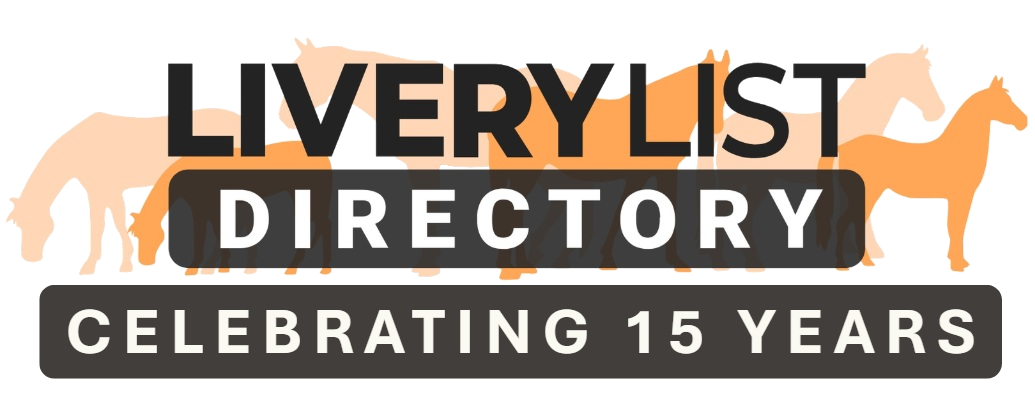From 26th October 2024 the Worker Protection (Amendment of Equality Act 2010) Bill will strengthen existing protection for workers against sexual harassment.
The new law will place a duty on employers to take ‘reasonable steps’ to prevent sexual harassment, but what does this mean for employers in the equestrian industry and how can they ensure that they are compliant?
The first step which employers can take is to educate their staff about what sexual harassment means and the types of behaviour it may include. Staff should be trained to identify sexual harassment and to understand their role in helping to prevent it.
What is Sexual Harassment?
‘Harassment’ can be defined as unwelcome behaviour related to a protected characteristic, which has the purpose or effect of violating a person’s dignity or creating a degrading, humiliating, or hostile environment for them. Sexual harassment is unwelcome conduct of a sexual nature that has this effect.
Assessing the risks
Another step which employers can take is to assess the risk of sexual harassment taking place on their yard. Factors that might increase the risk include power imbalances between staff, lone working, and the presence of alcohol. Wherever possible, yard owners should try to remove or mitigate those risks.
Whilst a policy alone will not prevent sexual harassment, it is important for employers to have clear guidance in place that defines sexual harassment and outlines everyone’s responsibilities to tackle it. Policies should also contain a full and fair procedure for the reporting and investigation of any complaint, and it should be made clear that any behaviour of this nature will not be tolerated.
What are the consequences for employers who fail to prevent sexual harassment in their workplace?
· Increased compensation for victims – Employment tribunals will have the power to increase compensation by up to 25% if they find an employer has breached this duty.
· Regulatory action: The Equality and Human Rights Commission (EHRC) has the authority to enforce penalties against employers that do not take reasonable steps to prevent sexual harassment.
· Reputational damage – Failing to prevent sexual harassment can lead to significant reputational harm, potentially resulting in a loss of business and high staff turnover.
What should be the next steps?
The Equestrian Employers can help with all aspects of employment, and can help you define and develop appropriate policies or codes of conduct for your business. Taking steps like this can help you be a responsible business owner, taking care of the staff and those on your premises and fulfilling your duty of care.
If you have young workers, or adults at risk employed on your premises, it is always an idea to undertake safeguarding training. This can help business owners and staff members understand appropriate physical contact; the signs of sexual harassment and other related abuses, and know how to take the necessary action and reporting steps. British Equestrian have recently launched their Safe to Play campaign which can apply to all types of equestrian premises and gives lots of useful information on safeguarding and protecting those on the yard.
The Equestrian Employers Association (EEA has been created with the specific purpose of supporting employers in our industry to comply with all aspects of employment legislation and to promote good employment practices. By joining the EEA, we can help you to protect your business.
If you would like help and support when it comes to employing your staff have a look at how we can help you today:
